Description
Benzophenone: A Versatile Compound with Widespread Applications
Benzophenone, a white, crystalline organic compound with a faint, rose-like odor, is a fascinating molecule that plays a silent, yet crucial role in various industries and applications. From protecting our skin from the sun to enhancing the scent of our favorite perfumes, benzophenone’s versatility stems from its unique chemical properties.
What is Benzophenone?
Chemically, benzophenone, also known as diphenyl ketone, is an aromatic ketone consisting of two phenyl groups bound to a carbonyl group (C=O). Its molecular formula is C13H10O. Its structure allows it to absorb ultraviolet (UV) radiation, making it a highly effective UV filter and stabilizer.
Key Applications of Benzophenone:
The unique properties of benzophenone have led to its widespread use in a diverse range of applications:
- UV Absorber in Sunscreen and Cosmetics: Perhaps its most well-known role is as a UV filter in sunscreens and cosmetics. Benzophenone protects the skin and other ingredients in the product from harmful UV radiation, preventing sunburn, premature aging, and potential skin damage.
- Plastic Manufacturing: Benzophenone acts as a UV stabilizer in polymers and plastics. It prevents the breakdown of these materials caused by UV exposure, extending their lifespan and maintaining their structural integrity. This is particularly important for outdoor applications where plastic products are constantly exposed to sunlight.
- Photochemistry and Chemical Synthesis: Benzophenone is a valuable reagent in organic synthesis and photochemistry. It can act as a photoinitiator, absorbing light energy and initiating chemical reactions. This is utilized in the production of polymers, coatings, and other specialty chemicals.
- Fragrance Industry: In the fragrance industry, benzophenone serves as a fixative. It helps to prolong the scent of perfumes and other fragrances by slowing down the evaporation rate of other, more volatile ingredients.
- Insecticides and Agriculture: Benzophenone derivatives, such as methoxybenzophenone, are sometimes used as insecticides or in agricultural applications.
Safety Concerns and Regulations:
While benzophenone has proven to be incredibly useful, it’s essential to acknowledge concerns surrounding its potential environmental and health impacts. Some studies have raised concerns about its potential to act as an endocrine disruptor and its prevalence as an environmental contaminant.
Because of these concerns, regulations surrounding the use of benzophenone vary across different countries and regions. Regulatory bodies like the FDA and the European Commission have conducted risk assessments and established limits on its concentration in consumer products. Consumers are encouraged to be aware of these regulations and make informed choices.
The Future of Benzophenone:
Research and development are ongoing to explore safer and more sustainable alternatives to benzophenone. These efforts include developing new UV filters and stabilizers with improved environmental profiles and reduced potential for adverse health effects.
Despite the emerging alternatives, benzophenone remains a significant player in various industries due to its effectiveness and cost-efficiency. However, as research continues and regulations evolve, the future of benzophenone will likely involve a focus on responsible use, risk mitigation, and the development of innovative, eco-friendly substitutes.
In Conclusion:
Benzophenone is a versatile compound with a wide range of applications that impact our daily lives. From protecting our skin to enhancing the durability of plastics, its UV-absorbing properties make it a valuable tool in various industries. Understanding its potential risks and supporting research into safer alternatives is crucial for ensuring its responsible use and protecting both human health and the environment.

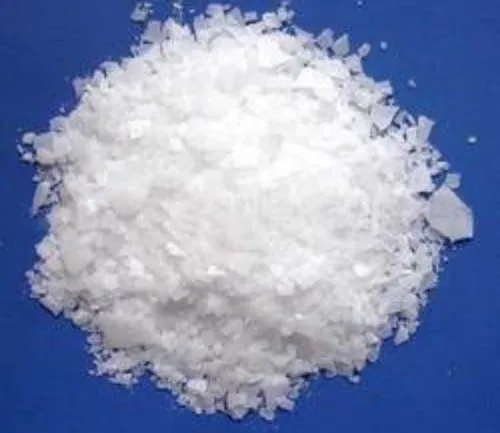

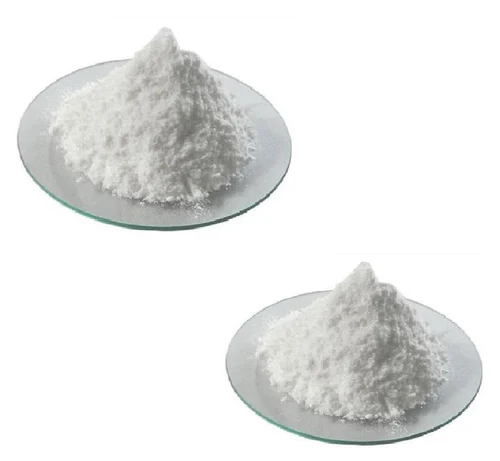
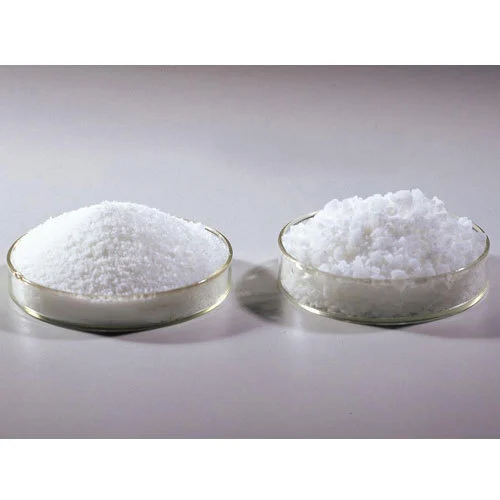
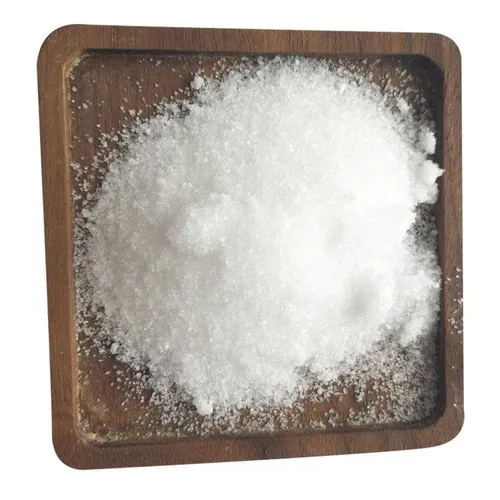
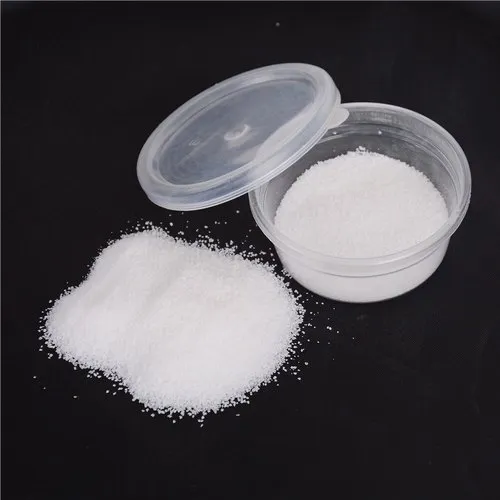



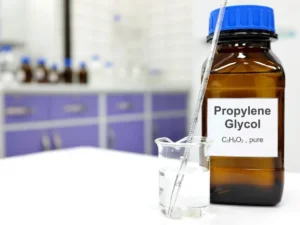
Reviews
There are no reviews yet.